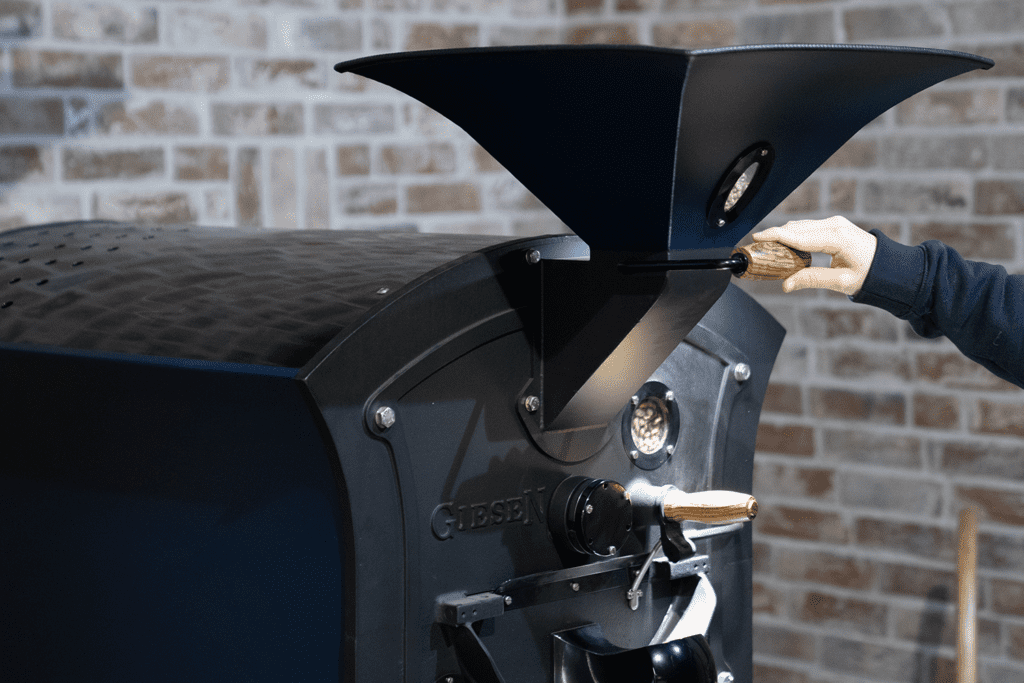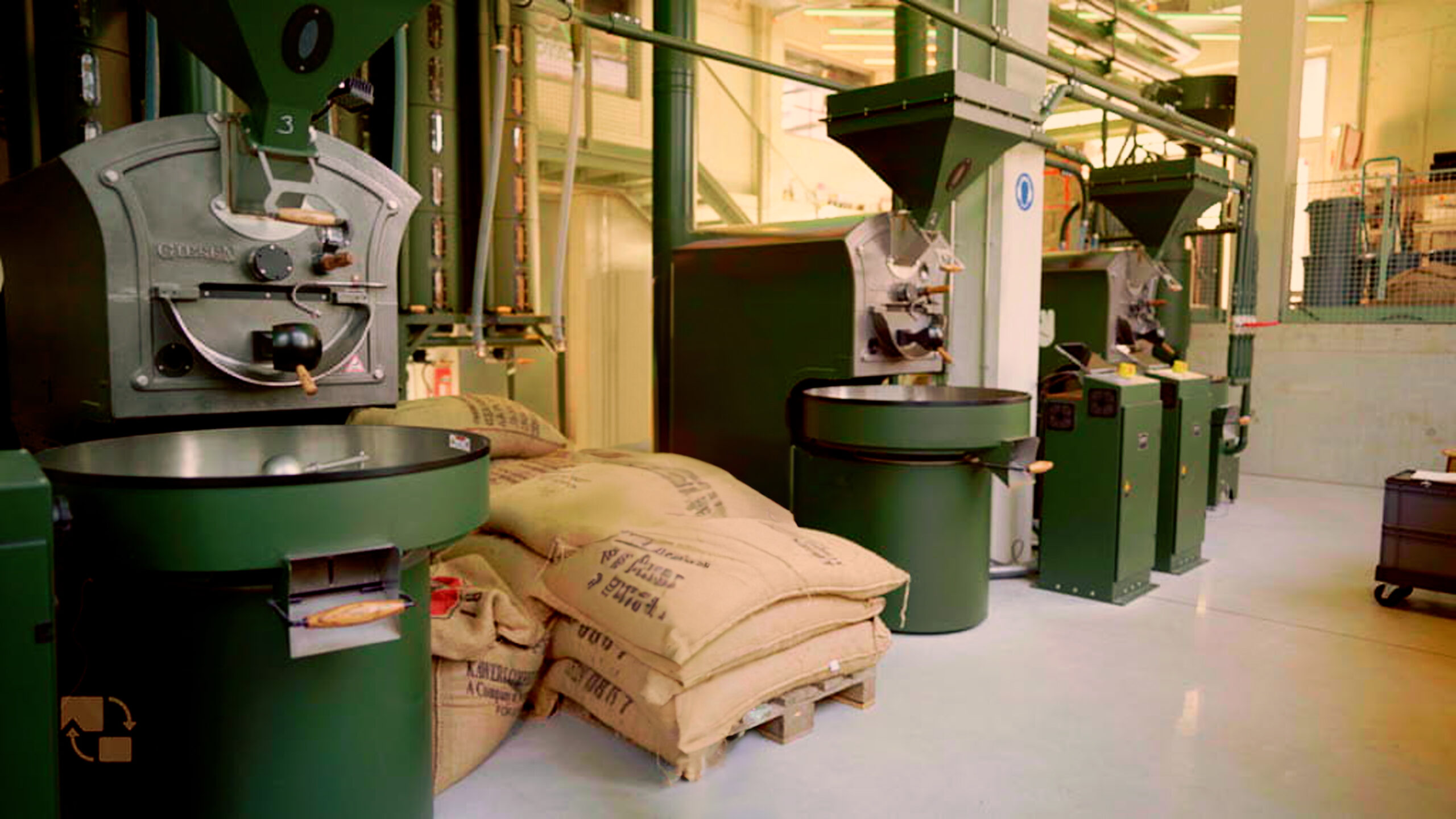Special coffee
Quite recently I enjoyed multiple days cupping new harvest coffees produced by Gesha Village Estate at their coffee laboratory in Addis Ababa. Gesha Village established its 450 hectare coffee farm about 10 years ago in the far western Ethiopian province of Bench Maji. This is relatively close to the border of South Sudan. Like so many coffee producers worldwide, Gesha Village has been experimenting with various controlled fermentation and special process protocols, like anaerobic fermentation and carbonic maceration. The cupping results of the samples, especially of the special process coffees were quite stunning. All coffees were cupped and then roasted and cupped again. Many coffees were reroasted multiple times if there was the suspicion that the roasting wasn’t done perfectly.
Samples
I experienced the prolific impact of roasting profiles on flavor and specifically on the taste attributes of the coffee. One of the samples we cupped was a semi-anaerobic special fermented lot of the Illubabor Forest variety. Because of its fermentation process, this coffee was very challenging to roast. With each repeated roasting and cupping session the coffee improved from an average score of 86+ to a 90 point coffee!
Coffee taste
The results also confirmed that coffee tasters classify their appreciation of the flavor of a coffee-based on their ability to assign certain tastes to that coffee. For example, in the case of Gesha Estate coffees, I tend to look for certain floral qualities (jasmine, rose, honeysuckle) and if those attributes are manifested then my scoring of that coffee tends to be higher. I’d also like to emphasize the importance of calibrating coffee tasters on the taste attributes of special process coffees since there can be significant differences between the interpretation of these flavors.
Roasting special process coffees
The difficulty of roasting special process coffees is caused to a major degree by the fact that the cellular constitution of green coffee beans can radically be altered as a result of the prolonged fermentation process. The composition and the rigidity of the cell walls are altered significantly while the fermentation goes on. During the roasting process, the composition of the cell walls dictates how water vapors and gaseous compounds can migrate throughout the bean. Which also changes the outcome of the Maillard reactions during the roasting process.
In light of this phenomenon, I’ve also noticed that the first crack tends to be remarkably quiet and that the color changes during roasting evolve differently. I can conclude that prolonged and controlled fermentation protocols of coffee cherries and parchment coffee beans are game-changers. From the roasting process of the green beans to the preparation of the roasted coffee to the appreciation and interpretation of the quality of the final brew.
Roasting center
At our coffee roasting training center in San Rafael, California we operate various Giesen machines to conduct roasting experiments. In my next column, I will provide practical tips for the roasting of these exciting controlled fermentation and special process coffees.
Willem Boot
Willem Boot is a roasting consultant, coffee producer and founder of Boot Coffee Campus in San Rafael, California. He is also one of the Giesen Ambassadors. Visit www.bootcoffee.com for the complete overview of coffee roasting courses. Explore fincalacabra.com to learn more about this unique farm.





Esta entrada tiene un comentario
Hello and thank you for this, I really would like to follow this as I’m interested in the challenge of new roast protocols.
Thank you
Walter